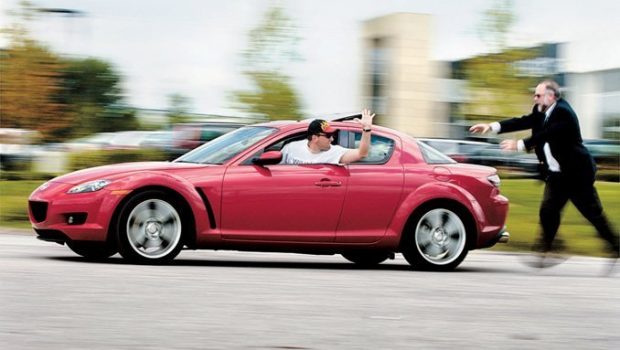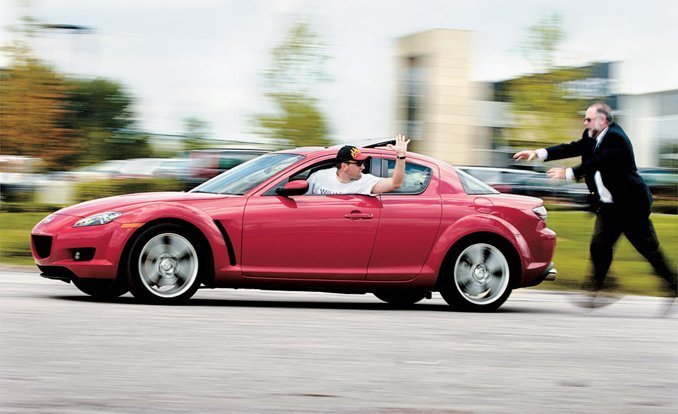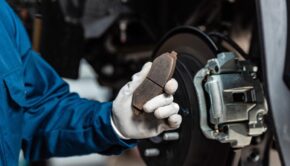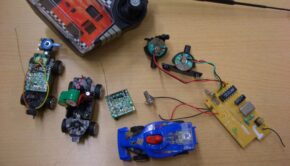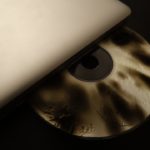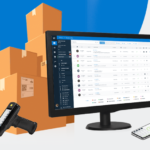Buying Guide: How to Shop For A Used Car Online
Used cars can be inexpensive when compared to a brand new vehicle. However, buying a used car is almost always a gamble. Knowing how to spot potential problems and determining how reliable a used vehicle is can save you from expensive automotive headaches later on down the road.
Courtesy of Neon Tummy
With thousands of cars available each year, you’re sure to find one that suits your needs and fits your budget. The good news is, there are steps you can take to help you avoid buying a car that’s been badly damaged, stolen or illegally altered. Finding a trouble-free used car has nothing to do with luck and everything to do with applying good research and investigative skills. The reality is, buying a used car whether online or in person can be a tricky process to navigate since no two cars are the same. In other words, each car has a unique history which can either work in your favor or become your biggest nightmare.
Whether you are buying or leasing a car, consider these tips to get the best deal and avoid problems:
Inspect the vehicle. Remember that a used car’s current condition and the way it was cared for are at least as important as the style, features and fit when it was new. With a little planning, the inspection can be as fast (and as revealing) as a hidden-camera show. If the inspection report goes according to plan, you can purchase the car with confidence. On the other hand, if it unearths ugly problems, such as water damage or rust, which can take over a vehicle, you can back away from the deal.
Generally speaking, most sellers will let you take the car for an inspection or agree to have a mobile mechanic come and inspect the vehicle at their home. If the seller hesitates, you should reconsider the offer and wonder, what they’re trying to hide from you.
Most major problems that can be spotted by a good inspector include:
- Frame damage
- Flood damage
- Poor previous repair work
- Smokers car
It’s also important to note that while not every inspection is guaranteed to find every flaw in used a car, a trained eye can help prevent major issues later on.
Filter out problem cars online. In the aftermath of flooding like we’ve seen in states such as Louisiana, as a buyer, you also have to be wary about flood cars entering the used car market. These vehicles, in particular, can be rebuilt and have their titles “washed” away. This is a common problem that happens anytime we have a major hurricane season or flooding.
There are dishonest people who purposely take flooded vehicles into certain states where they can wash their titles. That action removes any evidence that the vehicle was ever in a flood. As a result, cars with washed titles can then be sold to any dealership across the country that either doesn’t know or simply doesn’t care they’re buying a flood vehicle.
These cars, however, usually end up in the hands of “pop-up car lots,” which are illegal dealers who run false ads in the paper. The way these individuals work is by pretending they’re selling their sisters, or mothers car, hoping you don’t catch on to their scam. To the naked eye, there’s no way of telling if anything is wrong with the vehicle. But with the proper online research, and running the vehicle’s identification number (VIP) you’re more than likely to find out the truth.
Courtesy of Car & Driver
Take the car for a test drive. Perhaps one of the most important steps when purchasing a used a vehicle is the test drive. This is your chance to see how the vehicle performs and whether you can detect any problems with its brakes, electrical wiring, steering, suspension, transmission, and other important systems. Furthermore, you should drive all the vehicles you’re considering on the same day so it’s easier to determine which one is more reliable.
Drive the vehicle as much as possible – at least for 30 minutes – and over different types of road surfaces in different driving conditions. Be sure to plan your own driving route in advance. A salesperson or private seller might try to suggest different routes in order to hide or minimize problems.
Also, try and eliminate as many distractions as possible. Most dealerships may insist on sending someone with you on the drive, and private sellers will certainly want to go along for the ride. Most of us might view this as harmless, but in reality, these individuals can become distractions by talking during the drive impairing your ability to make critical judgment calls.
During the driving test, focus on:
- Ride comfort
- Acceleration
- Braking
- Steering and handling
- Quietness
- Visibility
As a final point, never agree to buy a car without a test drive.
Do your homework. Refrain from wandering onto the lot to see what cars are available. For car dealers, this is like a sheep walking in an area where hungry wolves are located. This makes you vulnerable and likely to purchase a vehicle that’s not a good fit for you. A rule of thumb: by the time you show up at a dealership, you should already know what you’re looking for. Do your homework ahead of time and take advantage of the internet.
You should also take a friend with you when visiting a dealership to keep the salesperson occupied and point out things you might overlook.
Determine your budget. After the desired type of vehicle is determined, knowing and sticking to your budget is the utmost importance. Generally speaking, there are two budgetary possibilities: paying in full or financing over time. Financing should only be done if it’s absolutely necessary. Things to consider with financing is what amount the lending institution is willing to loan, the amount of down payment you (the consumer) can afford, what monthly payment work within your budget, and lastly, the length of the loan.
It is important to keep in mind that the percentage rates on used car loans are normally higher than on new cars. On the bright side, the loan period is shorter on used vehicles as opposed to newer ones. Taking the time to shop around with various lending institutions and comparing their offers to what can be negotiated with the dealership can ensure that you will get the best deal.
Don’t forget to say, “Show me the Carfax.”
_______________________
Thanks for the read. Did I miss anything? What are some other things potential buyers should keep an eye out for when looking to purchase a used vehicle? I’ll be checking for comments, so feel free to express your opinion.
About the author:

Cody Hill loves exploring the wilderness, and traveling whenever he can. If you can’t find him online, you might be able to catch him watching baseball (Go Cubs), or out hiking.
References:
- http://www.jdbyrider.com/news-and-events/byrider-blog/2016/january/how-to-check-for-rust
- https://www.completecontracting.com/historic-southeastern-louisiana-flooding/
- https://en.wikipedia.org/wiki/Vehicle_title_branding
- http://www.thecalculatorsite.com/articles/finance/tips-on-buying-used-cars.php
- http://www.clark.com/5-things-to-know-before-buying-a-used-car

